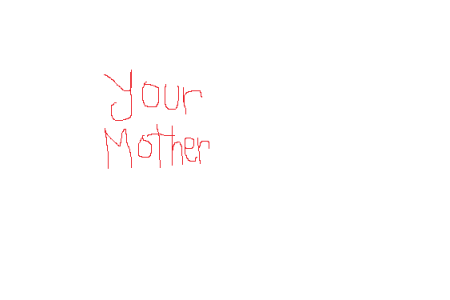China bans 'dirty' words on social media
In the future, asking someone about their mum in Chinese cyberspace may be a lot more difficult than you think.
China is currently pushing for cleaner language online and is hoping to eradicate profanity in its many forms.
This week, the 25 most popular dirty words/phrases on Weibo got the thumbs down and will be given the boot in due time.
Can you guess some of them?
The most innocent-sounding phrase, which sounds rather harmless if one takes it literally, is "your mother" or "your mum".
In Singapore, whether spoken in English or Mandarin, "your mother" is used as an insult which means a "sexual act with your mum".
This crude reference was reportedly used almost 250 million times last year on Weibo.
The China Internet Network Information Centre revealed that there were 649 million Internet users as of the end of last year.
Another word/phrase that is on China's banned list is "green eggs" which apparently takes a dig at the colour of a man's testicles.
Bloomberg and Business Insider reported that Cyberspace Administration Of China chief Lu Wei told Chinese media on Tuesday (June 2) that there are at least 25 coarse words/phrases that he wanted to expel from the Chinese Internet.
Here’s a list of a few of the newly banned words with rough translation from Mandarin to English:
- “Your mum”
- “green tea b**tch”
- “green eggs”
- “f***”
- “howling monster”
Peking University's journalism professor Hu Yong said: "The widespread use of dirty words made such direct action more difficult in this case.
“To control the use of coarse language is to control the moral behaviour of the public, which is very hard through administrative means.
“The government has to rely on the Internet companies to do so, but such micro-management of cyberspace has the potential risk of turning the booming Internet industry into a backwater.”
Mr Zhang Zhanbin, an official with the State Council’s Committee for the Care of the Next Generation, said that in addition to calling for cleaner language, the government has also hired more than half a million retirees to help monitor activities at Internet cafes.
Weibo is also considering adding the 25 vulgar words/phrases to its filtering system such that the system could automatically dispose of the posts if netizens write or comment with these words.
Source: Business Insider, Bloomberg
Get The New Paper on your phone with the free TNP app. Download from the Apple App Store or Google Play Store now


